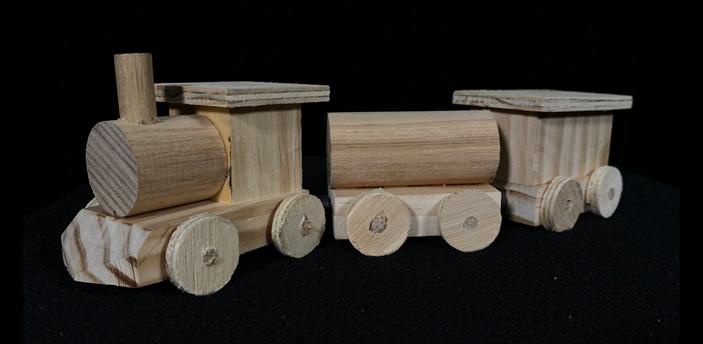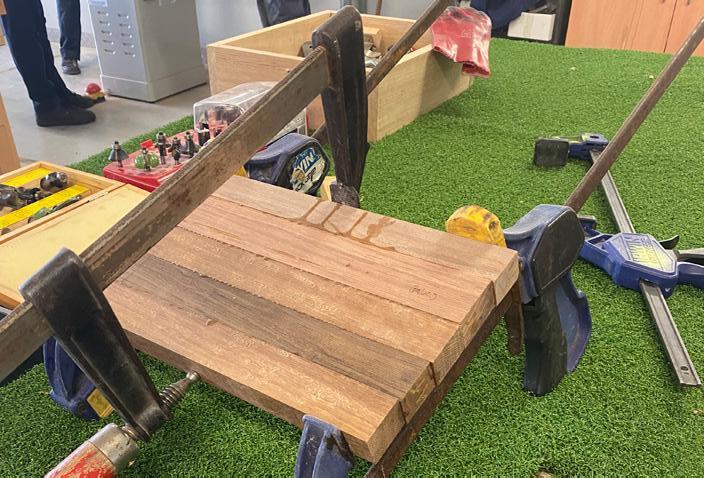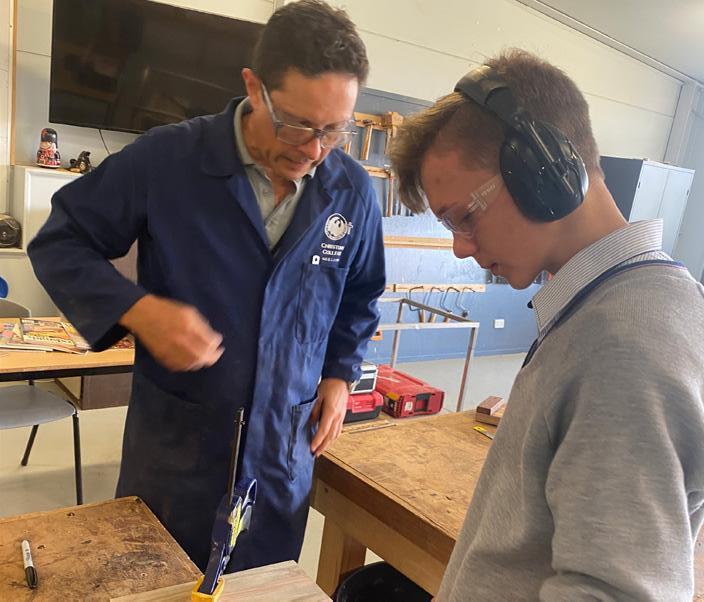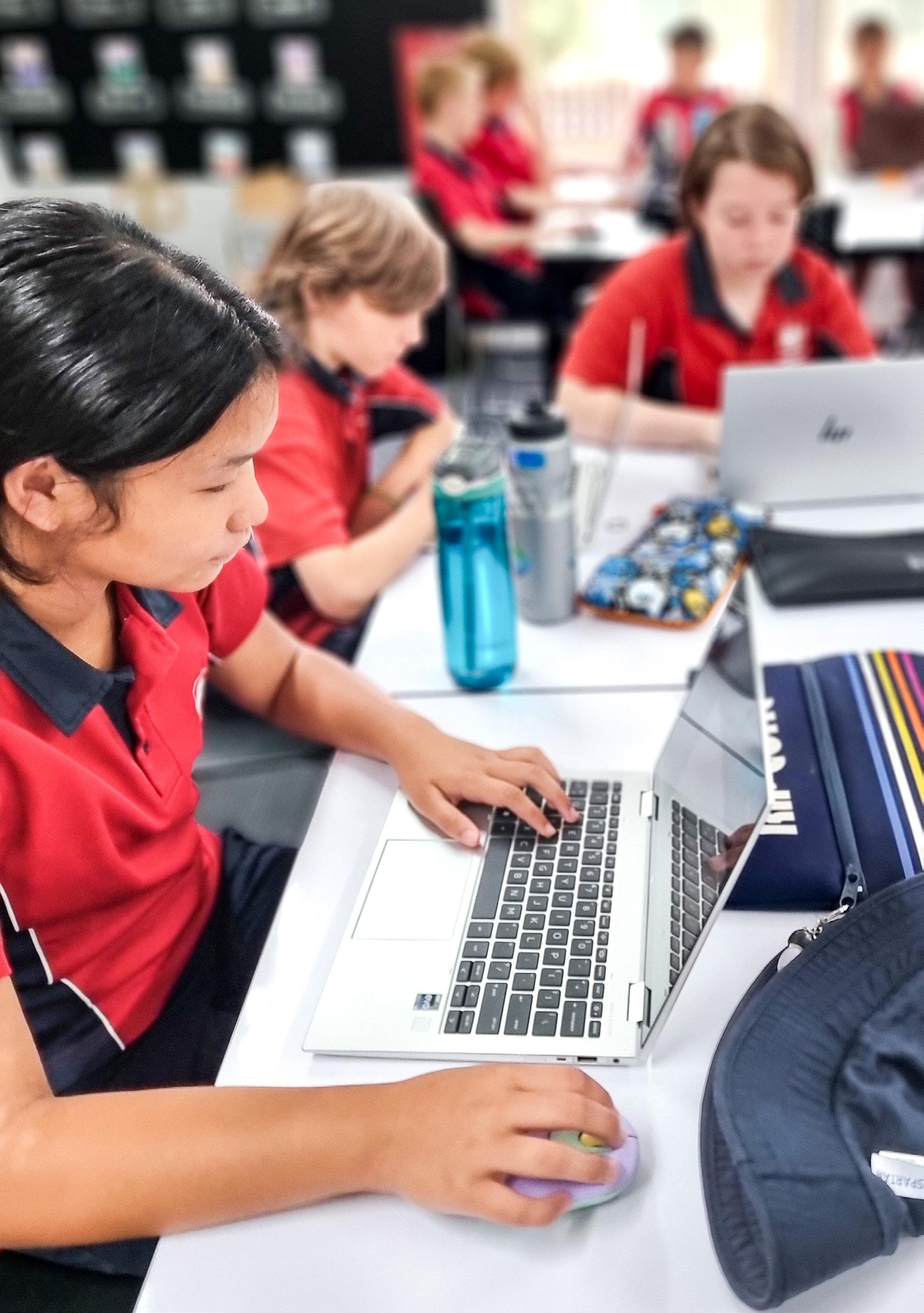
Year 5 and 6 | 2025



Year 5 and 6 | 2025

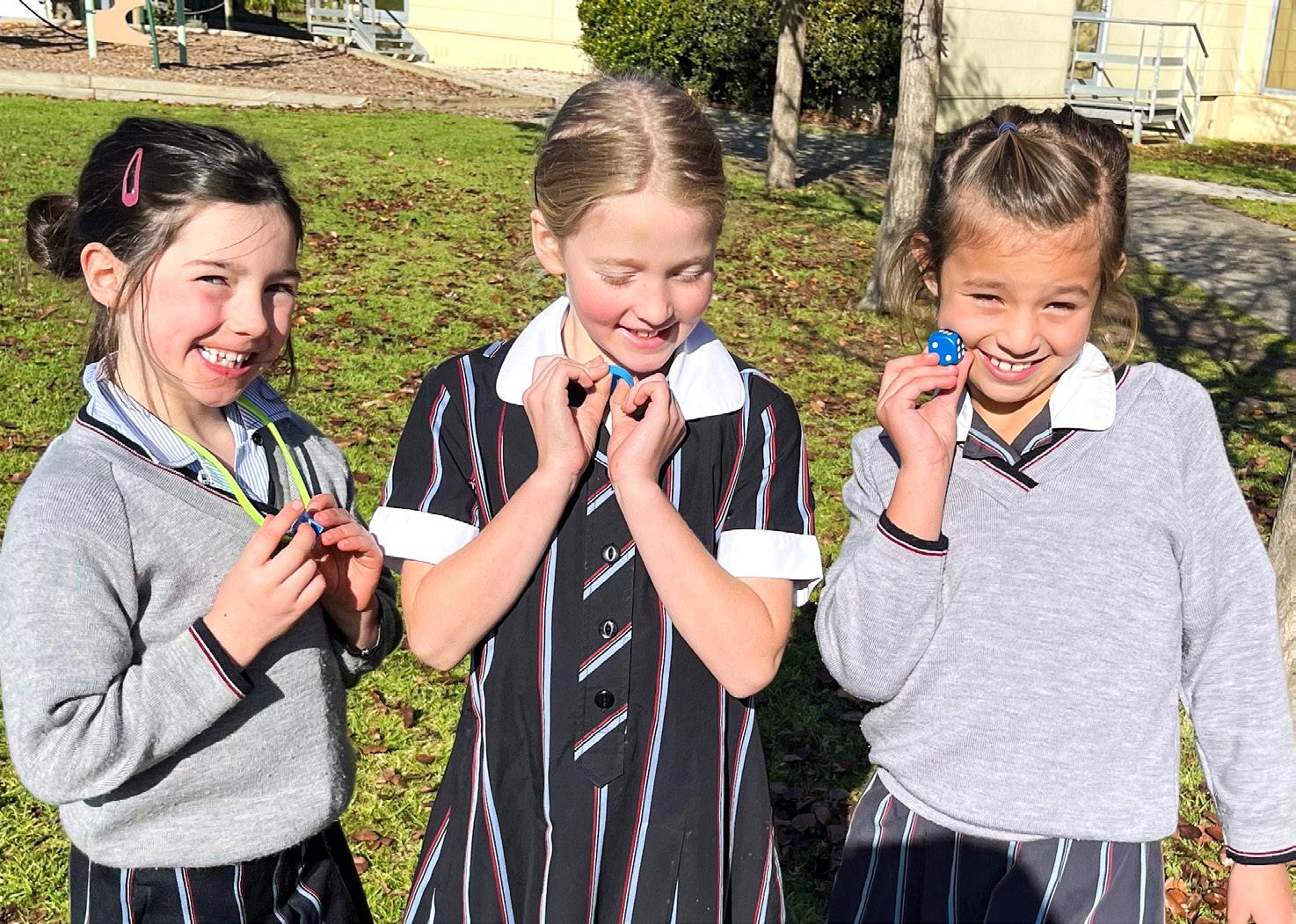

Christian College embraces the needs and passions of 21st century learners and our students are blessed to have on offer a vast array of new learning opportunities. All students are encouraged to become active participants in their own educational journey, as they are given greater autonomy to learn and a voice to direct where that learning might seek relevance. Christian College is proud of the engaging subjects and pathway programs that we offer our Middle School students, with specialisation and experiential learning being implemented from Year 5.
This course handbook provides an overview of the studies available in 2025.
The core and rotational offerings are part of the learning landscape at Christian College that aims to support each student to identify their passion for learning, their ability to think, solve problems and to manage their individual learning. We want our students to become well rounded positive contributors through the way that they make global connections and seek to connect deeply with others. At the end of their journey at Christian College, our students will be ready
to make a positive difference to the lives of others, through ‘good work’ that is excellent, ethical and engaged in local, national and global contexts. I look forward to partnering with all families in support of your precious young people, as they look towards their 2025 studies.
Yours faithfully,

Andrew Platt
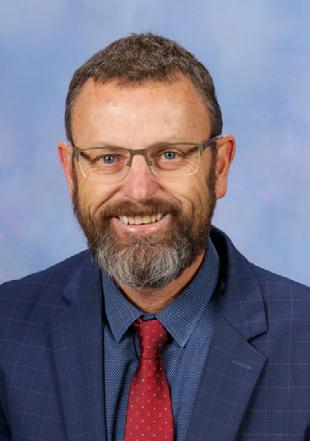
Andrew Platt Head of Campus
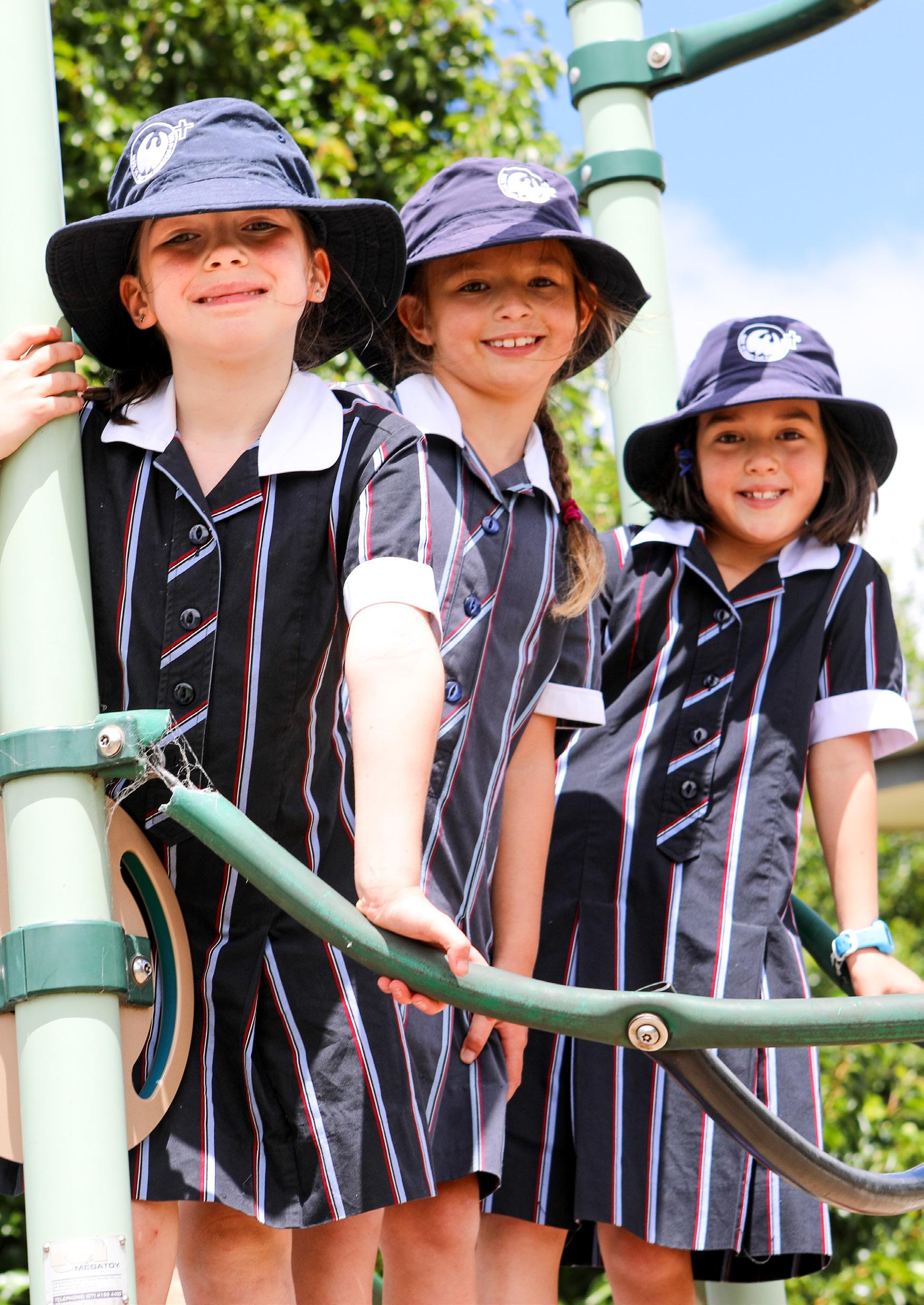

The diverse and challenging curriculum at Middle Years is guided by the Australian Curriculum. It offers a breadth and depth of learning opportunities tailored to suit the unique learning needs of our students. Each opportunity develops core knowledge and skills within each subject area, as well as developing capacities in our students within the General Capabilities and Cross Curricular opportunities. Every student will experience a broad range of subject areas within our program comprised of whole year and semester based opportunities catering to the needs and interests of our learners.
Students in Years 5 and 6 will participate in the following core subjects:
• Christian Education
• Digital Technologies
• English
• Health and Physical Education
• Humanities
• Mathematics
• Music
• Science
• Languages - Indonesian & Japanese
• Sport
In addition, the following subjects will be studied for one semester:
In Year 5:
• Drama
• Systems Engineering and in Year 6:
• Food Studies
• Visual Arts
• Product Design
The following pages outline the unique course content of these semester-based learning opportunities.
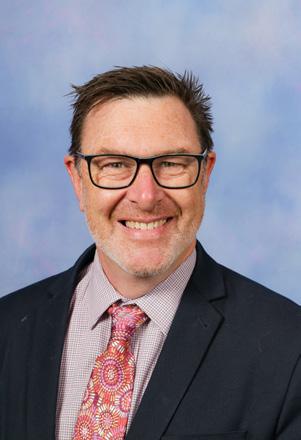
Antony Benson Executive Director of Teaching and Learning

Visual arts engages students in creative processes and artistic practices to communicate and make meaning, through a variety of materials and techniques. Students critically explore cultural impacts on ways of knowing and being in both Australia and the world, helping them discern how visual arts practice is intertwined with cultural learning.
Students investigate artistic styles and movements, explaining how ideas are represented in artworks and describing the influences of different cultures, times, and places on their art making. Drawing inspiration from these studies, students create their own artworks, experimenting with techniques and processes to achieve specific effects.
The Visual arts encourages students to make meaningful connections between personal and global perspectives. They explore the context and purpose of artworks, developing critical reasoning and practical skills. By analysing artworks, students appreciate the complexities of visual arts histories, theories, and practices, preparing them to respectfully acknowledge and articulate artistic and cultural influences.
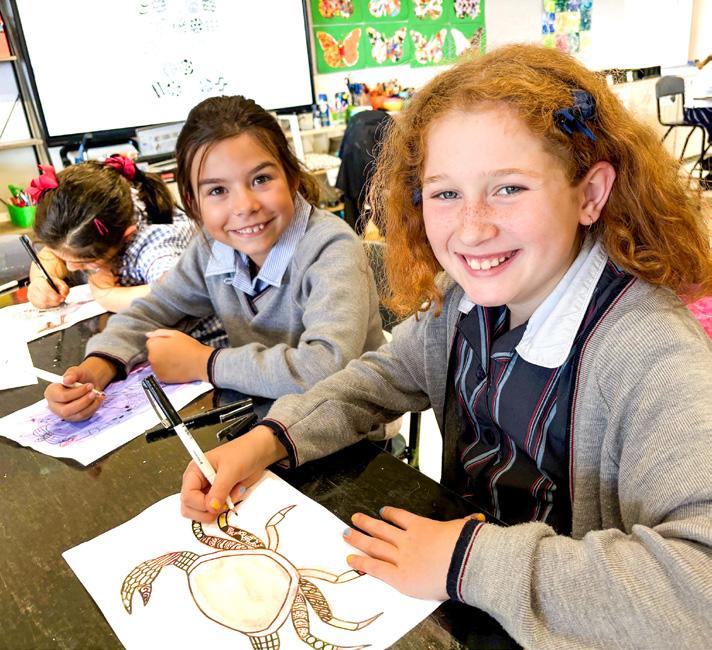
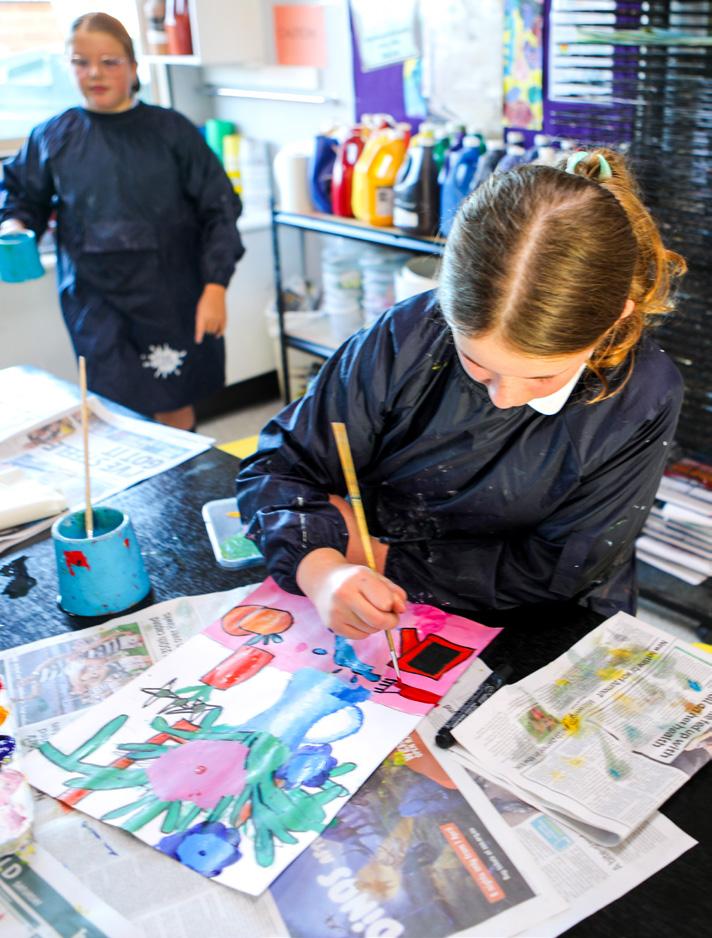

Systems Engineering enrich and impact on the lives of people and societies globally. They can play an important role in transforming, restoring and sustaining societies and environments.
Australia needs enterprising individuals who can make discerning decisions about the development and use of technologies through Systems Engineering, develop solutions to complex challenges and contribute to sustainable patterns of living. Therefore, all young Australians should develop capacity for action and a critical appreciation of how technologies are developed and can contribute to societies.
Students will have opportunities through a STEM based learning program investigate solutions to problems, utilising the scientific process they will they will hypothesise solutions, devise experiments, test solutions and gather and interpret data to inform the design process to refine and produce a preferred solution using a variety of materials and technologies.
Learning in Systems Engineering is also important for a diverse and capable science, technology, engineering and mathematics (STEM) workforce. STEM learning involves explicit teaching of knowledge and skills in each learning area: Science, Technologies and Mathematics. A transdisciplinary approach can enhance the application of students’ scientific and mathematical literacy, design and computational thinking, problem-solving and collaboration skills. Developing STEM competencies enables students to develop, model, analyse and improve solutions to real-world problems. It supports students to access further study and a variety of careers and jobs.
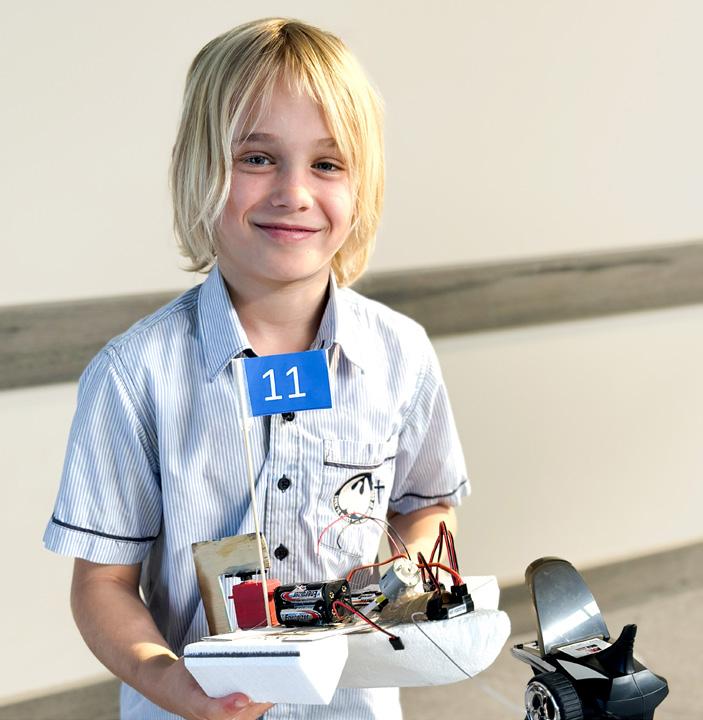

Being able to learn how to safely prepare nutritional meals and snacks is an integral part of our lives, as is developing an understanding of where our food comes from.
Food Studies introduces students to the processes, utensils and equipment utilised in food preparation. They investigate and apply safe and hygienic food handling procedures within a practical kitchen setting. Students explore and discuss nutrition and the need for healthy food choices including food labelling. Students will investigate how industries produce food and consider sustainable futures, and research topics around the responsible consumption and production of food and life on the land.
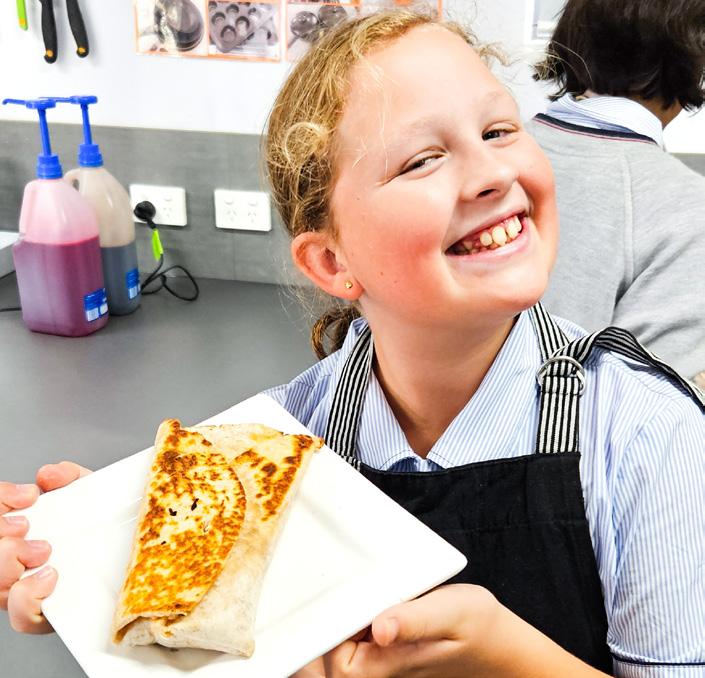
Students will design, source ingredients and prepare nutritious meals based on a variety of needs or opportunities. They will develop criteria for success, including sustainability considerations and use these to judge the suitability of their ideas, designed solutions and processes for an authentic audience.
Food Studies gives students authentic learning challenges that foster curiosity, confidence, persistence, innovation, creativity, respect and cooperation. It motivates young people and engages them in learning experiences that are transferable to family and home, constructive leisure activities and the community.
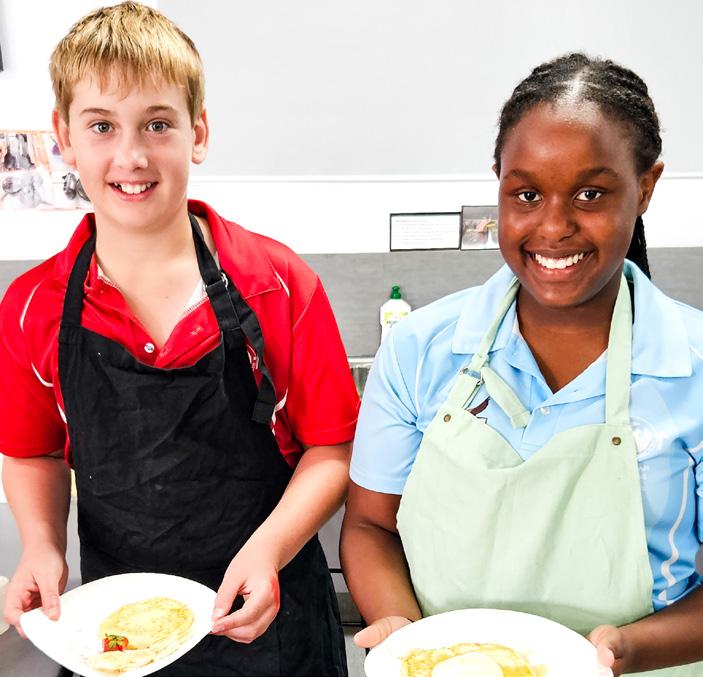

Drama uniquely explores and communicates the human experience through real and imagined scenarios. It allows students to share and enact stories, fostering understanding across different cultures, times, and communities. Drama is closely linked to play, which is the foundation of creativity in children.
Dive into Drama Fun!
Step into the world of drama and experience the magic of storytelling!
Our drama elective is all about exploring and communicating the human experience through real and imagined scenarios.
What You’ll Do:
Tell Amazing Stories: Share and enact stories from different cultures, times, and communities, fostering a deeper understanding of the world.
Role Play: Take on various roles to imagine and see the world from different perspectives, enhancing your empathy and understanding of others.
Creative Play: Engage in play, the foundation of creativity, to bring your imagination to life.
Skills You’ll Gain:
Personal Awareness: Develop a stronger sense of self and cultural awareness.
Social Awareness: Navigate different contexts, situations, and eras, learning to understand and connect with others.
Communication Mastery: Use emotions, senses, and aesthetics to communicate powerfully and effectively.
Fun Activities:
Create and Perform: Work individually and collaboratively to create, perform, and respond to dramatic works.
Develop New Skills: Build creativity, imagination, collaboration, critical thinking, communication, empathy, flexibility, confidence, and self-expression.
Active Learning: Dive into activities like devising, writing, rehearsing, presenting, performing, analysing, and evaluating.
Drama is inclusive and engaging, helping you learn about yourself, your peers, and the broader world.

Product Design helps students learn to be creative and smart designers. By thinking about what looks good, how things work, what’s right and wrong, and how their choices affect the environment and society, students learn to make good decisions. This helps them create better and more sustainable products for the future.
Product Design engages students in creating quality designed solutions for identified needs and opportunities across a range of materials including, wood, metal, plastics and textiles. Students apply design thinking and the design processes to investigate, generate, evaluate, and improve design ideas, processes and solutions. They plan and produce (make) designed solutions. They develop a sense of pride, satisfaction and enjoyment from their ability to design and produce innovative designed products, services and environments.
Design and Technologies gives students authentic learning challenges that foster curiosity, confidence, persistence, innovation, creativity, respect and cooperation. It motivates young people and engages them in learning experiences that are transferable to family and home, constructive leisure activities, community contribution and the world of work.
